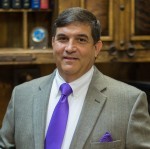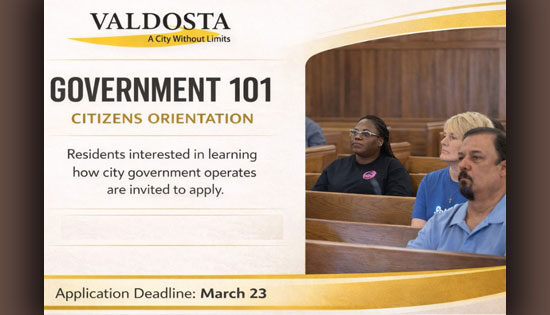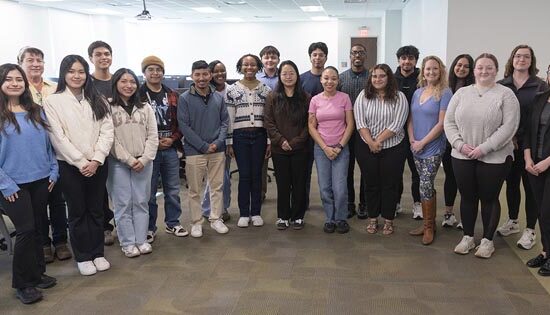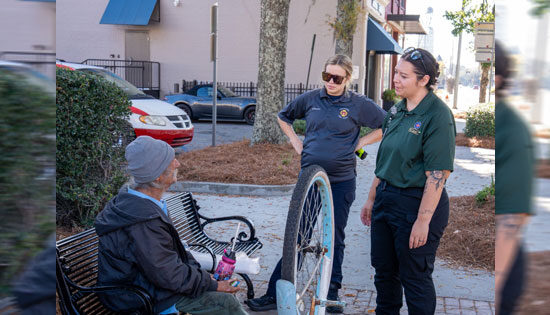Robert Lambert, Valdosta Today Legal Contributor:
Second marriages bring additional estate planning considerations, especially when children from past relationships are involved. Here are some tips for addressing a blended family in estate planning.
Do you have a blended family? Have you made proper plans to ensure all of your family members are taken care of when you are no longer here?
One of the more persistent stereotypes concerning family relationships is that of the children from a first marriage not getting along with a stepmother or stepfather. The most famous example is probably the wicked stepmother from Cinderella. Nevertheless, thousands upon thousands of other examples both real life and fictional exist.
While it is not always true, it is common enough that people with children from a spouse other than their current spouse need to take special care with their estate plans to lessen the likelihood that the current spouse and children will fight over the estate.
The Wills, Trusts & Estates Prof Blog recently published an article on this issue appropriately titled “Considerations for Blended Families.”
Here are a few of those “considerations”:
Make sure that your spouse and your adult children know how you want your assets distributed.
Use a trust to provide for both your spouse and your children from a previous marriage.
Update any powers of attorney and beneficiary designations to include your new spouse, if necessary.
Share a list of contacts with your spouse.
Estate planning for blended families can be more challenging, but if you will call me today I can help you plan in a way that minimizes the likelihood for any problems with the estate.
Please like us on Face book at Robert L. Lambert, Jr., P.C. and you can receive our daily blogs on Elder law and Estate Planning Issues geared toward those 50 and above. Visit our website at www.legaladviceforseniors for more information or to sign up for one of our free seminars.
Can you put your hands on your will, living will or Power of attorney when you need them? Here is the more important question: Can your spouse, loved one or agent find your living will or power of attorney when you are laying unconscious in a hospital? Who really has access quickly to your important papers.
Here at Robert L. Lambert, Jr., P.C., we have the solution. We offer our clients the option of having their important documents in secure cloud storage where you, OR YOUR AGENT, can access them 24/7 and 365 days a year online. Call us today to learn more about our Document Bank Services.
Reference: Wills, Trusts & Estates Prof Blog (March 2, 2015) “Considerations for Blended Families,”
 Bob Lambert is an Elder Law and Estate Planning Attorney who has practiced law in Valdosta for 25 years. His practice is focused mostly toward those Seniors who are 50 years of age and older where there is a need for advanced long term care planning. He utilizes a holistic approach which brings financial planners, home health care, assisted living and nursing home professionals and other experts together for comprehensive life care planning with the goal Medicaid eligibility when needed, asset protection and reallocation combined with traditional estate planning wealth transfer strategies.
Bob Lambert is an Elder Law and Estate Planning Attorney who has practiced law in Valdosta for 25 years. His practice is focused mostly toward those Seniors who are 50 years of age and older where there is a need for advanced long term care planning. He utilizes a holistic approach which brings financial planners, home health care, assisted living and nursing home professionals and other experts together for comprehensive life care planning with the goal Medicaid eligibility when needed, asset protection and reallocation combined with traditional estate planning wealth transfer strategies.
An Alabama native raised in Texas, he received his B.A. degree from the University of Texas at Austin with a degree in Government and English, and his Juris Doctorate degree from the University of Mississippi where he graduated 4th in his class. He is a member of both the Georgia Bar and the Texas Bar; a member of the Elder law section of the State Bar of Georgia; and a member of the National Academy of Elder Law Attorneys including the Trust and Medicaid planning sections.
He regularly and eagerly provides complimentary seminars to civic groups, churches and other organizations on long term care planning and Medicaid eligibility. His primary focus is to help all seniors 50 years of age and older understand the necessity and importance, and implement , advance planning to preserve assets for enhanced quality of life in advanced age. More information can be found at his website where you subscribe to his weekly blogs on Elder law and estate planning issues at www.legaladviceforseniors.com.











